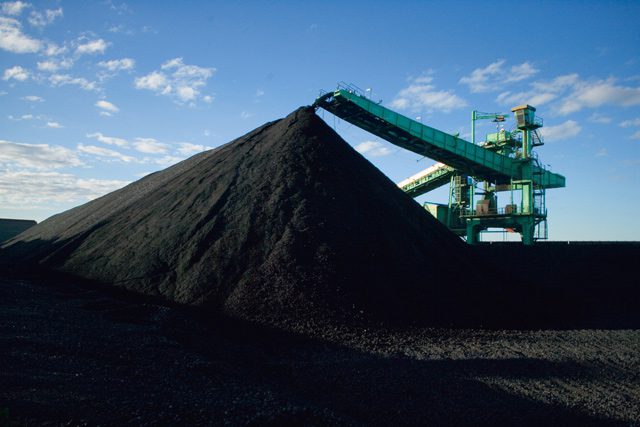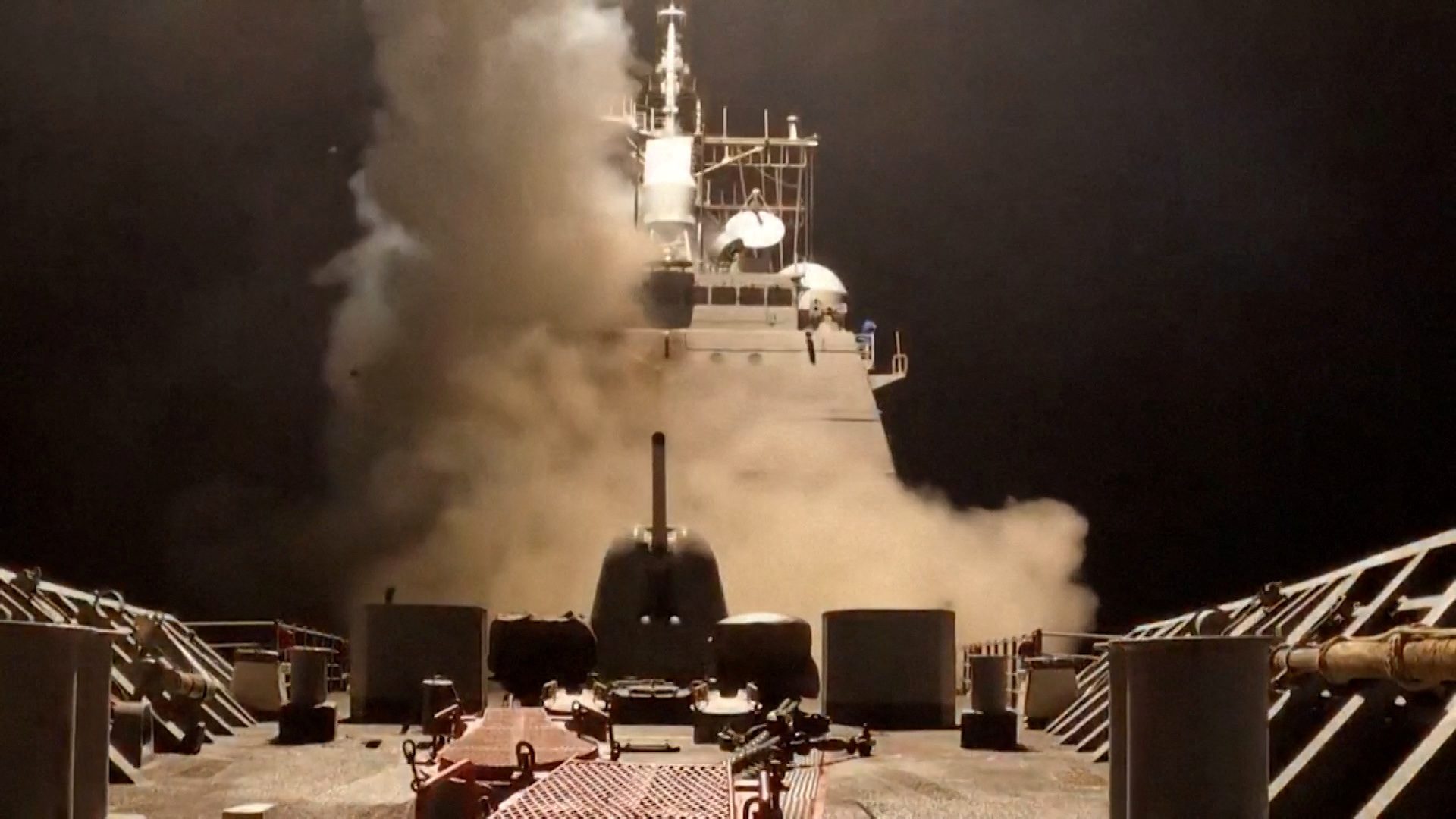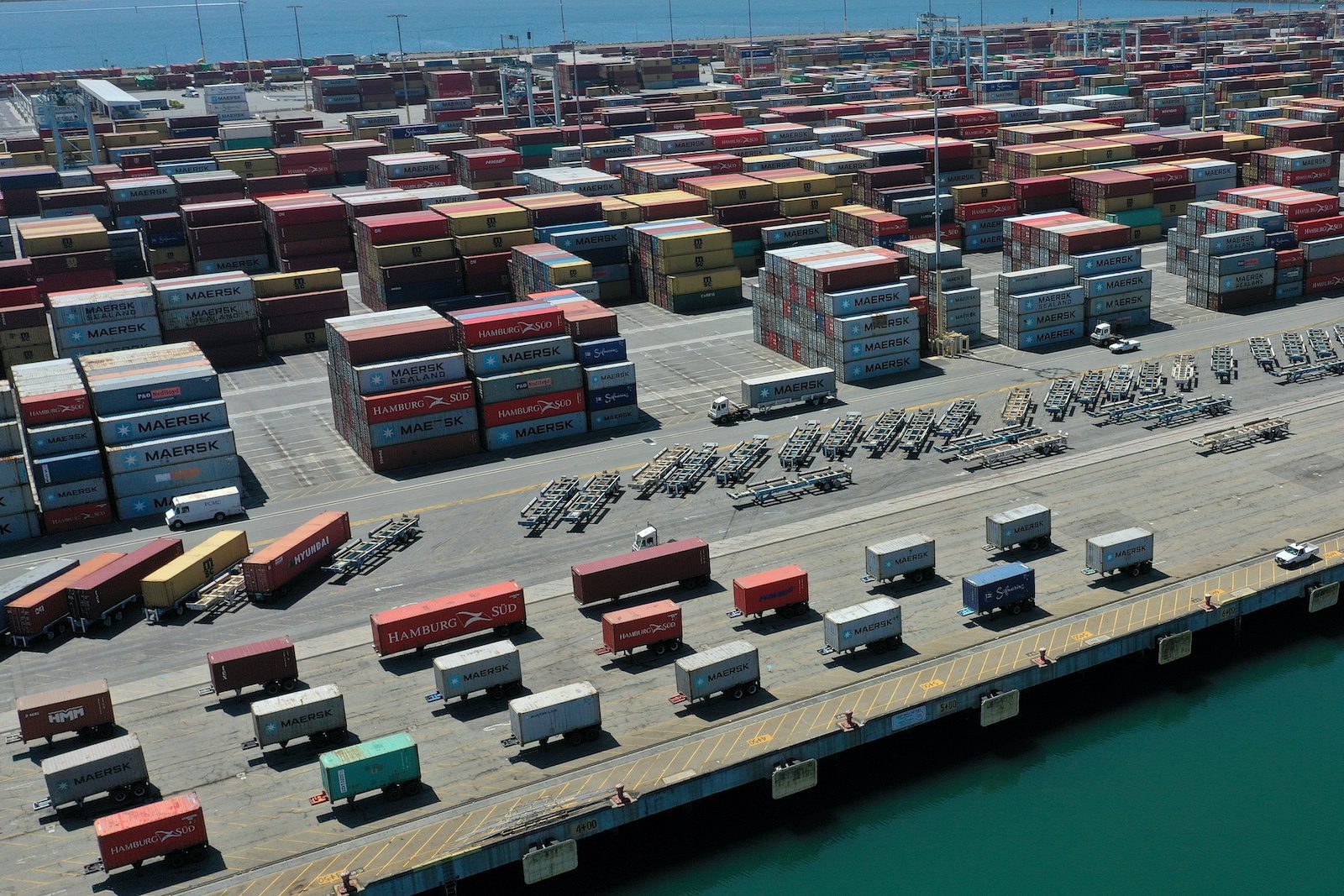Illawarra Coal Australia, image (c) BHP Billiton
 By James Regan
By James Regan
SYDNEY, Oct 13 (Reuters) – Australian coal miners are shrugging off a global glut of the fuel, exporting a record 158.5 million tonnes in the January-September period from the key mining state of Queensland, industry figures showed.
Mining companies are still adding capacity and pushing out exports of both coking and thermal coal, even though an import tariff in China has raised worries about output overcapacity at a time when prices are near their lowest in five years.
Australia is the world’s largest exporter of metallurgical coal and the second largest exporter of thermal coal.
BHP Billiton and Mitsubishi Corp on Monday opened their eighth joint venture mine in Queensland, Caval Ridge, initially producing up to 5.5 million tonnes per year of metallurgical coal used in steel making.
The opening of the $3.4 billion mine follows an announcement three weeks ago that 700 jobs were being cut at other coal mines operated by the two companies because tough market conditions were threatening the viability of the business.
“We are confident that if we maintain our productivity focus then we will continue to have a globally competitive business that will provide employment opportunities for generations to come,” said BHP Billiton coal division president Dean Dalla Valle.
Queensland Resources Council Chief Executive Michael Roche said the figures compiled by his group confirmed the coal industry’s determination to ride out the current price downturn.
“Volume is replacing price, reflected in record export production,” Roche said.
Up to a third of Australia’s coal sector is running at a loss, yet collieries are flooding countries such as China and Japan with million of tonnes of coking coal used to make steel and thermal coal to generate power.
In many cases miners are finding it cheaper to run in the red than shut operations owing to so-called “take or pay” freight contracts that require payment of haulage fees whether or not any coal is shipped.
Almost all the metallurgical coal mined by BHP and Mitsubishi is exported, as Australia has only a small domestic steel industry.
Known as “King Coal” in Australia, tens of thousands of workers are employed in collieries and whole towns rely on mines for their livelihood. More than half the world’s steel-making coal, worth A$40 billion a year, comes from Australia.
The importance of coal to the country was underscored by the attendance of Australian Prime Minister Tony Abbott at the opening of the Caval Ridge mine.
Despite rising Australian production, there are concerns China’s decision to impose tariffs on coal imports could cause mine closures and job losses in Australia.
China last week announced import tariffs of 3 percent for anthracite coal and coking coal and a 6 percent import tariff on non-coking coal. This was on top of the higher standards announced for ash and sulphur content for Chinese coal imports from January 1, 2015.
“At a time when the industry is already facing extreme pressure on margins and coal prices are at their lowest since October 2009, additional taxes will have a direct impact on Australian coal exporters,” said Simon Bennison, chief executive of Australia’s Association of Mining and Exploration Companies.
Abbott is expected seek an exemption from the renewed tariffs in China during final negotiations on an Australia free trade agreement during a G20 leaders summit next month. (Editing by Tom Hogue)
(c) 2014 Thomson Reuters, All Rights Reserved

 Join The Club
Join The Club











